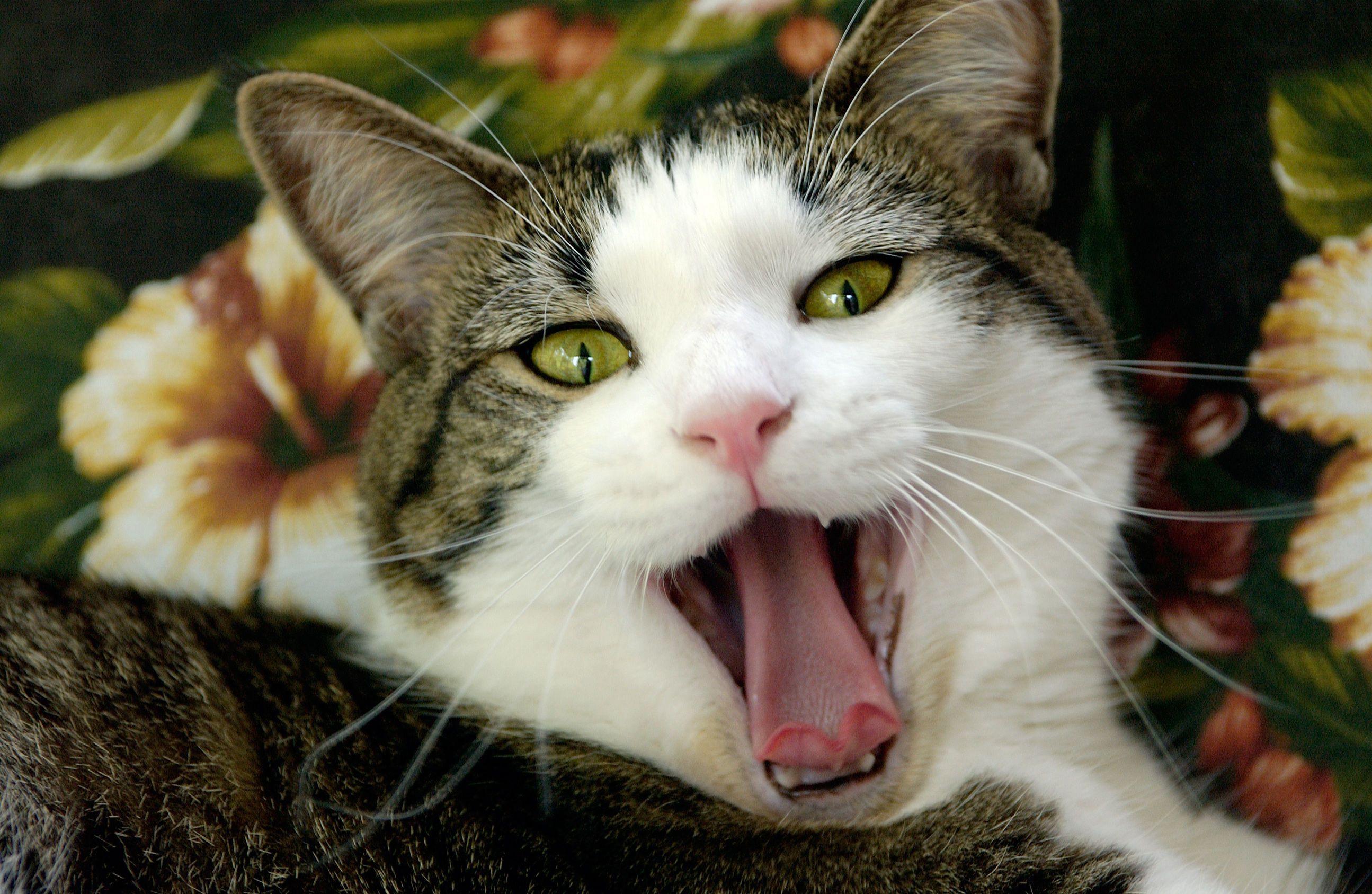All About Teeth
We all take care of our teeth daily with a combination of flossing, brushing, whitening and mouthwash. The question is – When was the last time you looked into your pet’s mouth? And for how long?
It is something we assume will be OK in pets and a little bit of tartar is something we are prepared to live with. Would we feel the same way about our own teeth? The cosmetic effect of having some slightly brown teeth is less important in the animal world, but the consequences of this tartar build up is the same. If any of you have had a filling, or have had tooth root exposure, then you will know that dental disease can be very painful. Our animals will put up with a lot of pain, but it is true to say that they do feel the same pain that we do. Gingivitis refers to inflammation of the gums. This can be caused by a variety of factors, but the two main ones are bacteria and tartar build up. The result will be gum regression, to the point where the roots of the teeth are exposed and pockets in the gums can form. The exposed pockets can become infected and tooth root abscesses will often develop. These will require antibiotics and most of the time, surgery.
Many teeth in animals will simply fall out as they become more wobbly and most of the time this resolves any discomfort, but the journey that the animal has had to go through will have been painful and certainly unnecessary. To combat this we can clean our dog’s or cat’s teeth manually using pet toothpaste and brushes, feed dry food to mimic brushing (there are even special “teeth diets” for this), feed things like carrots for the same reason, add powders to the food to make the teeth more slippery so food does not attach to the enamel and give chews such as Dentastix daily.
Of course, just like with us, a good scale and polish is a very non-invasive procedure that takes only a short time and will take the teeth back to being as good as new. At Donaldson’s Vets the greater proportion of our dental procedures are “routine dental scale and polishes”, especially as owners these days are more informed about pet dental problems. Many animals may only need one or two of these in their life and this is a significantly more cost effective way of managing your pet’s mouth than waiting until major dental work is required.
The animal that struggles with dental issues the most are rabbits. As mentioned in a previous article, these are often the forgotten souls of the pet world. Rabbits’ teeth will grow continuously throughout their life. They require proper apposition of upper and lower teeth for the appropriate grinding to occur. If the teeth are not properly aligned then they will grow and grow, causing a number of problems including anorexia, diarrhoea, nasal discharge, abscesses and gut stasis. They require regular checking at home. Rabbit’s teeth are easily burred in a couple of minutes without needing an anaesthetic. As a rabbit-friendly practice we have plenty of rabbits coming in for their monthly dental visit and burring.
So please check your pet’s mouth and if you have any queries regarding teeth then please phone the practice, or bring your pet in for a nurse or vet to take a look.

